7 July London bombings: The world on a train, 10 years on
- 7 hours ago
- Magazine
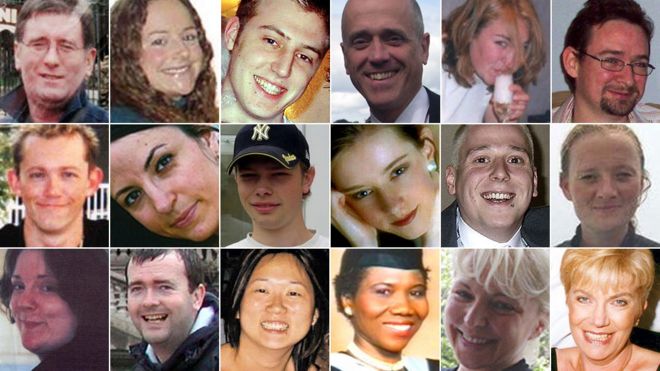
Ten years ago, Geoff Ryman - author of the pioneering online novel 253, which told of the relationships between people who happened to be on a Tube train at the same time - paid tribute to the varied lives of those who died on 7 July. A decade after the attacks, he reflects on why their stories remain just as relevant.
While writing this piece, I heard the news that in Borno State, Nigeria, Boko Haram shot 97 people who were praying… in mosques. On the same news: Egyptian soldiers were killed by IS-linked fighters, with Egypt declaring a state of war. Its government is accused of killing Muslim Brotherhood leaders in custody. Egypt's new anti-terrorist laws are themselves terrifying.
Ten years ago when I wrote this introduction to biographies of the victims of 7/7, it seemed a dreadful irony that many of them were Muslim or had Muslim family members. Then, terrorist acts were carried out by small cells, a symptom it seemed of their own military helplessness.
Now fanatical forces are acting like occupying armies. And it is no longer a surprise that the successive waves of barbaric fanaticism also target Muslims. The barbarians hate the West, yes, and obviously they target non-Muslims - but they also hate their rivals. The old civilized Middle East from Aleppo to Mosul to Aden is being bombed flat, its treasures destroyed and its people subjected to psychosocial horrors that will sink into successive generations.
Lately I've been pondering the difference between civilisation and barbarism. Both, it seems to me are founded on military might - civilisation must be orderly. But barbarism is heedless - of people, of history, of consequences, of science, of art and the human urge to generosity and kindness. Barbarism hates difference - a different ethnic group, a different past, or a different shade of your own religion.
So please, even if you disagree with what I write - ignore me and go on to read the stories of these people. Pay heed to them, wonder at the variety - in the name of civilisation.
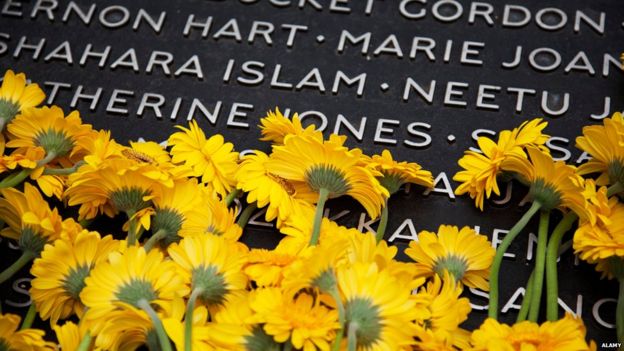

The most important thing about these people is not how they died but how they lived. All of them were hard-working, decent and loving. That seems to be what most of us are. Goodness is ordinary. Which is why it so often goes unreported.
How unexpected and individual we all are. In these life stories, you will meet a Caribbean singing sensation. You'll learn that the head of marketing for the Girl Guides was promoting a new rose named in honour of the Brownies. How did a Vietnamese-American come to have a Japanese surname?
We live in a secular society, but religion still seems to be a major part of many people's lives. Here you will read about a Baptist church deacon, a student of divinity who went on to be a successful businesswoman, and a talented musician whose uncle is a preacher.
Farewell kiss
So many of households are multi-faith - Jewish and Christian, or mingled Methodist and Hindu. Anthony Fatayi-Williams was the beloved son of a Catholic mother and Muslim father.
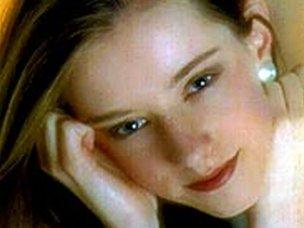
The family remains central to our lives. Carrie Taylor and her mother gave each other a farewell kiss every morning on the concourse of Liverpool Street station. Susan Levy shared her daily commute with her 17-year-old son. Arthur Frederick had just returned from Grenada where he helped rebuild his elderly parents' home damaged by Hurricane Ivan. Anna Brandt's daughter had only arrived from Poland on the day of the explosions. Anna was identified from a DNA sample given by her brother. Of course, there are all those families who travelled from Mauritius, Poland, Israel, France or East Peckham to search for missing relatives.
There are so many love stories here. "He was my world," says Stephanie Reid of her fiance David Foulkes. "As soon as we met, we knew that was it." Samantha Badham and Lee Harris met as teenagers. They were only travelling together that morning because of plans to celebrate their 14th anniversary. Lee Baisden, who worked for the fire service, had just moved in with his boyfriend. Michael Matsushita fell in love with an English girl while working in Cambodia. Benedetta Ciaccia was busy planning her wedding in Rome to her British Muslim fiance.
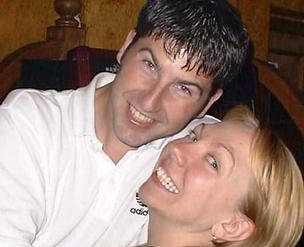
We all know London's source of strength is its diversity. In the borough of Lambeth, 132 languages are spoken. But it's not only London that is becoming multi-cultural. So is the world as a whole. Here you will find an Asian-Australian, a Chinese-Mauritian, a Tunisian from France, an Irishwoman from New Zealand and a Grenadian from Montserrat.
Arts, music and sport lighten our lives. Christian Small was a dedicated athlete. Shelley Mather had a passion for indoor cricket. Monika Suchocka had just joined a choir. A talented artist, Marie Hartley was going to Islington to find a new illustrator for the studio where she worked.
Everywhere there is war. A young Afghan refugee had already lost members of his family to conflict. Two people who were refugees from Vietnam. One family escaped violence in Northern Ireland. An Israeli woman had left Israel to avoid the suicide bombers there. Helen Jones grew up near Lockerbie, where the Pan Am jet exploded. She grew up to be a consultant who took time to work with Glasgow's homeless.
Unexpected lives
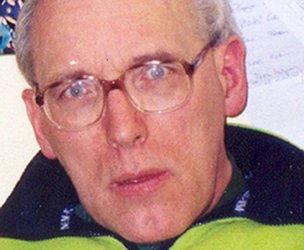
So many of these people actively worked to help end injustice. The journalist and picture researcher Miriam Hyman furthered Israeli-Palestinian understanding. Colin Morley is described as an advertising genius who used his talents to build more ethical businesses. Fiona Stevenson took time off from her legal career to do volunteer work in Belize. Giles Hart posthumously received an honour from Poland for his work with Solidarity. Gladys Wundowa, Ojara Ikeagwu and Behnaz Mozakka all helped with social services or health care.
I don't believe there are evil people or evil countries, but there are undoubtedly evil thoughts and deeds. They come when we are tired, lazy, threatened or angry - rather like the shooting of that innocent Brazilian man. Everybody has a measure of right on their side and a measure of wrong.
The philosopher Hannah Arendt concluded that evil lay in the refusal to think. One of the things evil cannot face contemplating is variety. It prefers monolithic simplicity. Reality outstrips simplicity through a constant flowering of unexpected lives. Evil thoughts and deeds cannot prevail against it.
Subscribe to the BBC News Magazine's email newsletter to get articles sent to your inbox.
Magazine
Holy symbol
- 4 July 2015
- Magazine
Tips from the Stoics
- 3 July 2015
- Magazine
Seeing the light
- 2 July 2015
- Magazine
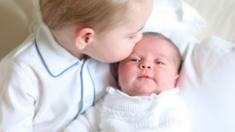
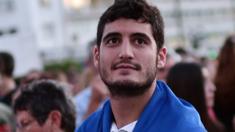

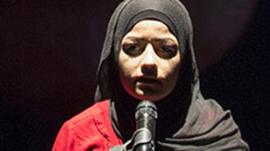
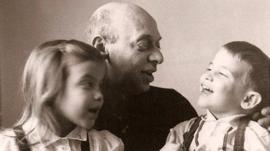
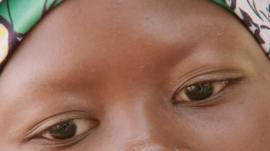


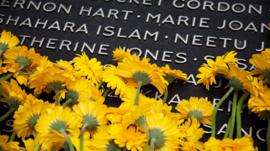
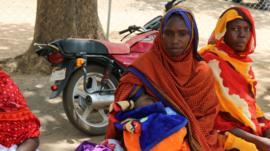
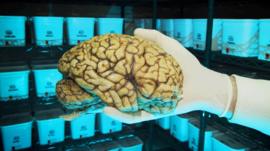
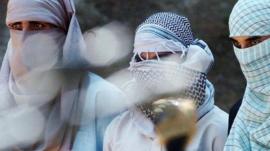
No comments:
Post a Comment
Please leave a comment-- or suggestions, particularly of topics and places you'd like to see covered